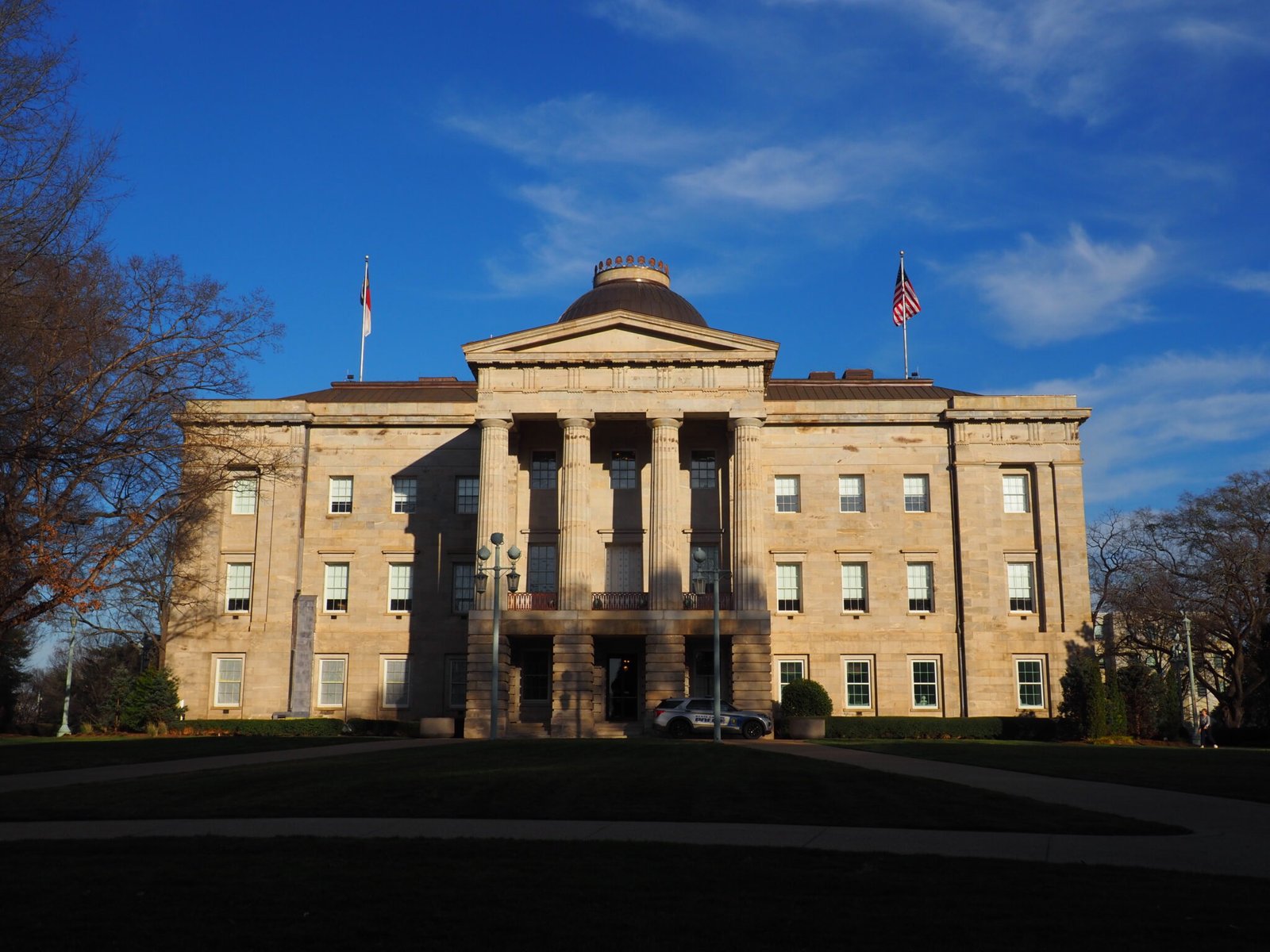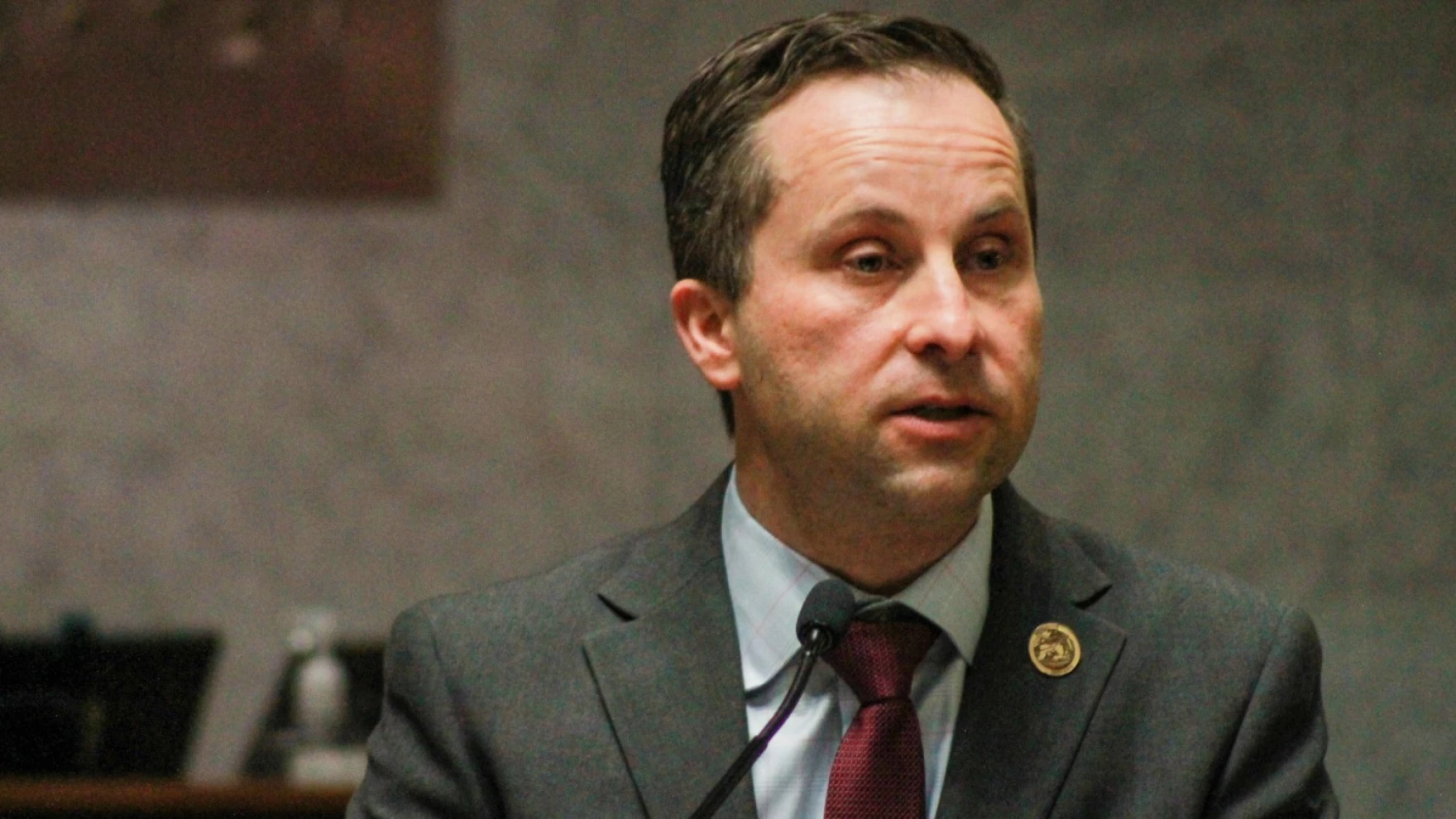The Harvard Arab Conference, recognized as the largest pan-Arab conference in North America, continues to serve as a powerful platform for showcasing innovation, culture, and thought leadership from the Arab world. Organized annually by Arab students at Harvard University, the event brings together a wide range of influential figures, from policymakers and entrepreneurs to artists and scholars.
Hosted with the support of various Harvard institutions, including the Harvard Kennedy School and Harvard Business School, the conference reflects the university’s ongoing commitment to fostering global dialogue. The event is primarily managed by the Harvard Arab Alumni Association (HAAA), an organization that works to build bridges between Harvard and the Arab world through mentorship, education, and cultural programming.
Each year, the Harvard Arab Conference draws hundreds of participants from across the globe. Attendees include students, professionals, researchers, and government representatives. The event is open to both Arabs and non-Arabs, providing an inclusive environment that encourages cross-cultural exchange and learning. The conference offers a unique opportunity to explore current issues affecting Arab countries, while also celebrating the region’s achievements in areas such as entrepreneurship, technology, media, and the arts.
A key feature of the Harvard Arab Conference is its diverse programming. Attendees can participate in keynote speeches, expert panel discussions, workshops, and cultural performances. Sessions often tackle a wide range of topics, from political dynamics in the Middle East to the rise of Arab women in leadership roles. Other discussions focus on technological innovation, social entrepreneurship, human rights, and the role of media in shaping public narratives. Through these sessions, the conference facilitates meaningful conversations that contribute to real-world solutions and policy development.
The event also includes exhibitions and networking opportunities that allow participants to engage directly with startups, NGOs, and thought leaders. Many emerging entrepreneurs from the Arab world use the Harvard Arab Conference as a launching pad to gain visibility and forge partnerships. Meanwhile, artists and cultural ambassadors showcase Arab heritage through music, film, and fashion, adding a rich cultural dimension to the overall experience.
Over the years, the conference has hosted an impressive list of guests and speakers. Past editions have featured Queen Rania of Jordan, journalist Ayman Mohyeldin, fashion designer Elie Saab, and Aramex founder Fadi Ghandour. These prominent figures have shared their insights and experiences, inspiring young Arabs to become changemakers in their communities.
The 2025 edition of the Harvard Arab Conference was held from April 11 to 13 in Boston. The event focused on themes such as innovation, media, art, and entrepreneurship. Among the well-known personalities in attendance were real estate developer Mohamed Hadid, filmmaker Tima Shomali, fashion designer Tony Ward, and entrepreneur Alia Mahmoud. Each contributed to a program designed to explore the evolving landscape of the Arab world and its growing influence on the global stage.
Moroccan pop singer Douzi was expected to be one of the highlights of this year’s event. He was scheduled to lead a session titled “Live with Douzi: A Conversation with Morocco’s Music Ambassador,” which would have offered fans a glimpse into his decades-long career and his views on music as a tool for cultural connection. However, Douzi was unable to attend after being denied entry into the United States due to a recent visit to Iraq. Although he holds a Belgian passport, his travel to Iraq triggered US entry restrictions, which automatically apply to individuals who have recently visited countries on the restricted list.
Despite his absence, the Harvard Arab Conference 2025 remained a vibrant and impactful event. The incident with Douzi also highlighted ongoing challenges faced by travelers from or associated with the Arab world, even in the context of cultural exchange and diplomacy. As the conference continues to grow in influence, it remains a vital space for promoting understanding, challenging stereotypes, and empowering the next generation of Arab leaders.
The Harvard Arab Conference stands as a powerful example of how academic institutions can help amplify voices from underrepresented regions and promote meaningful global engagement.







